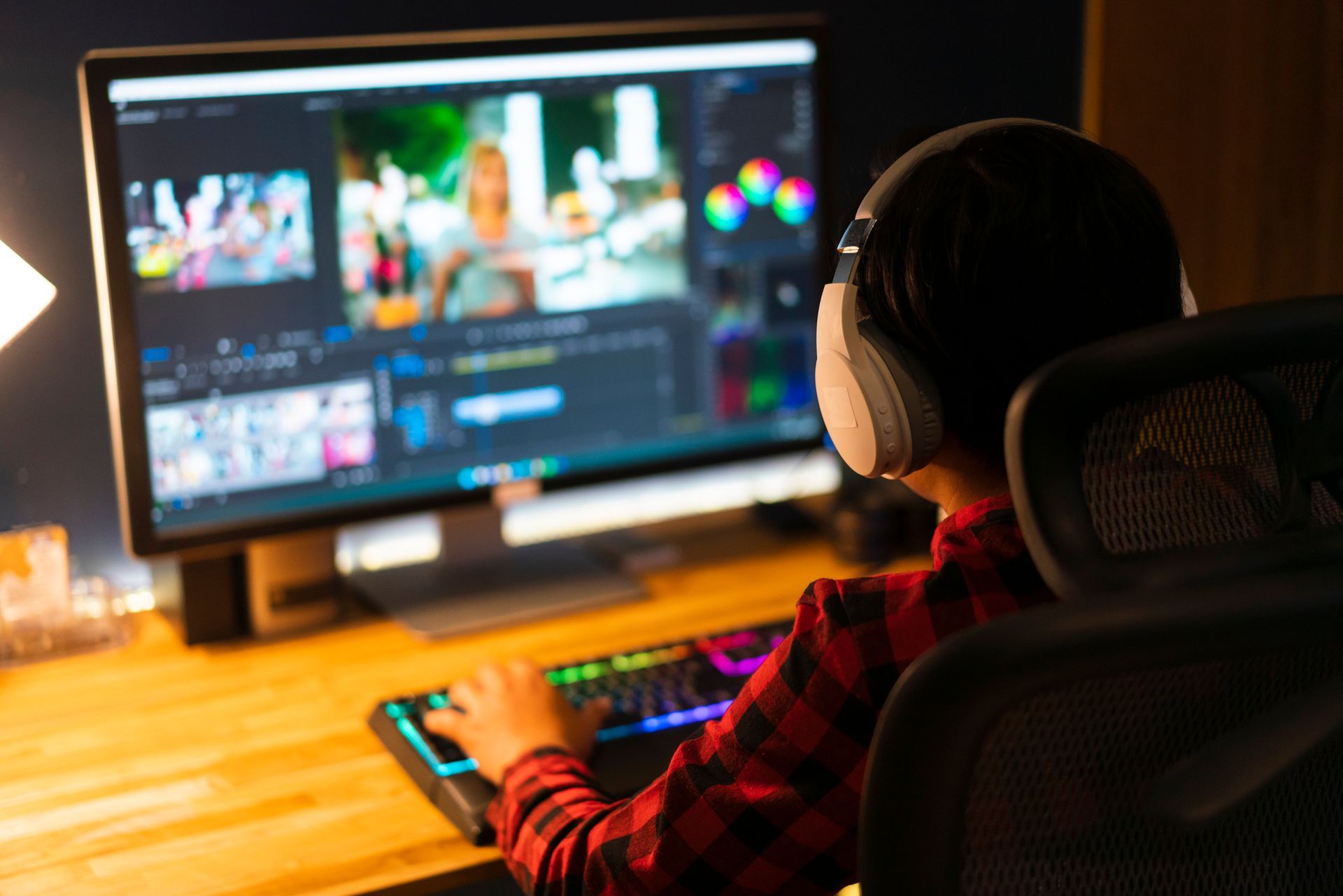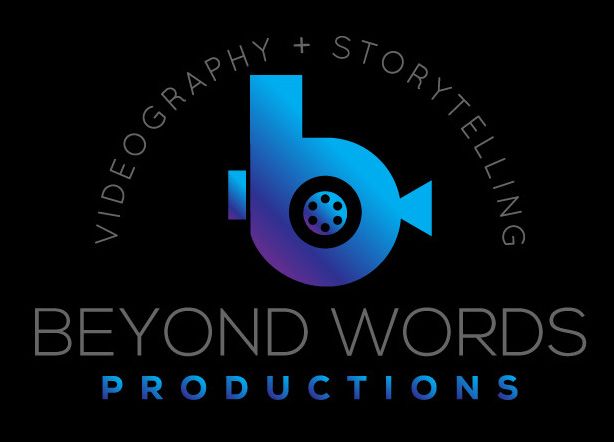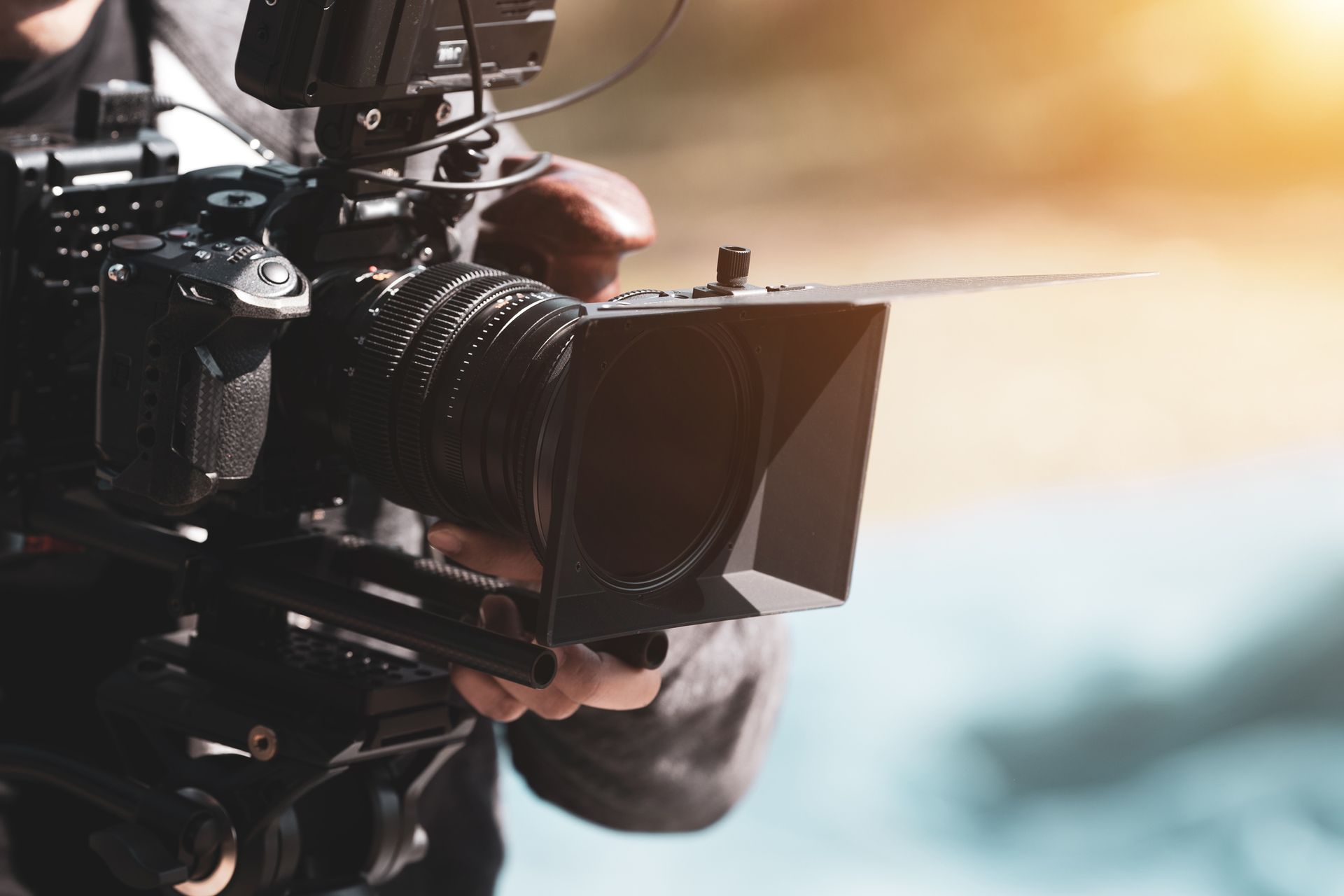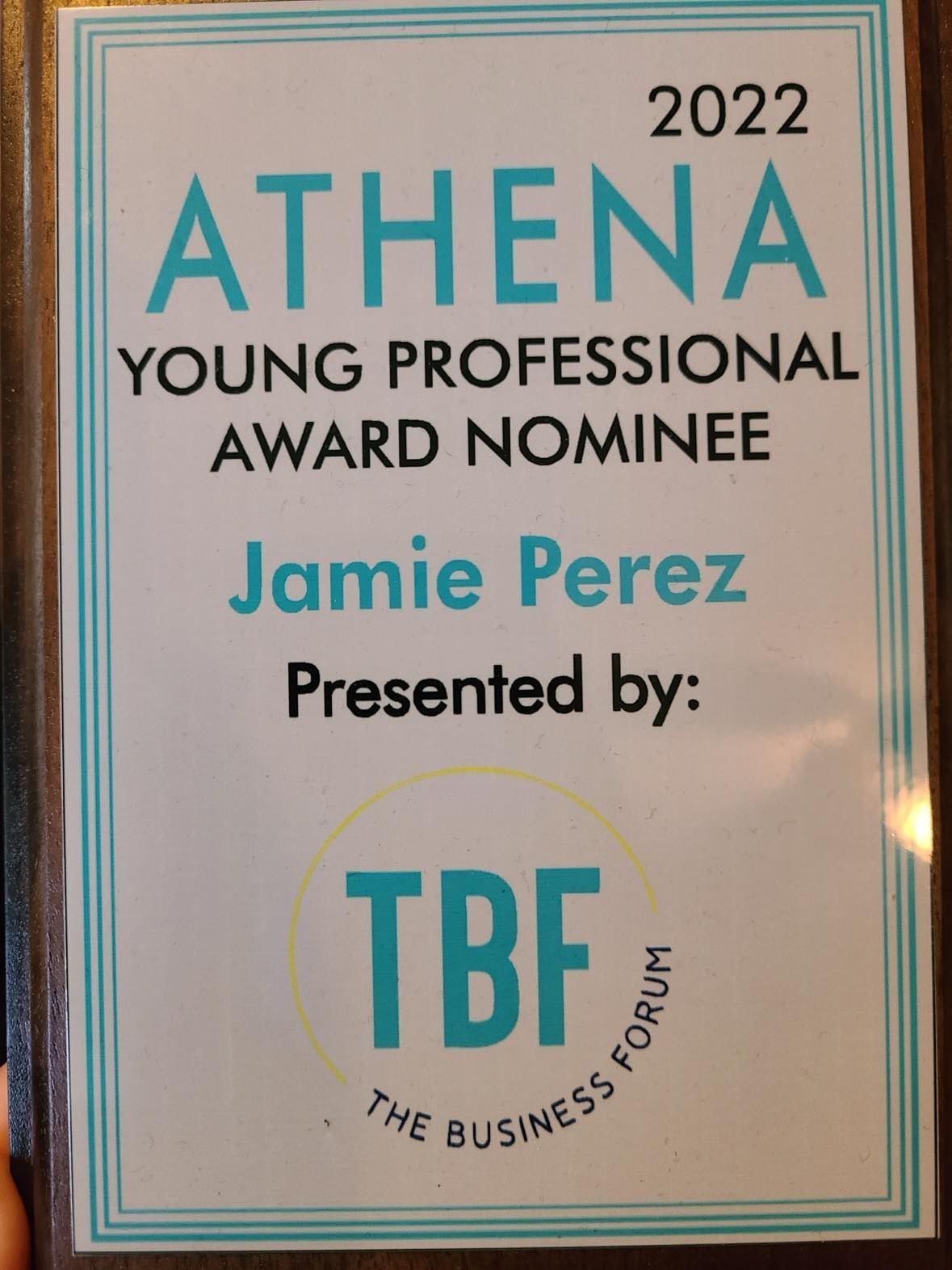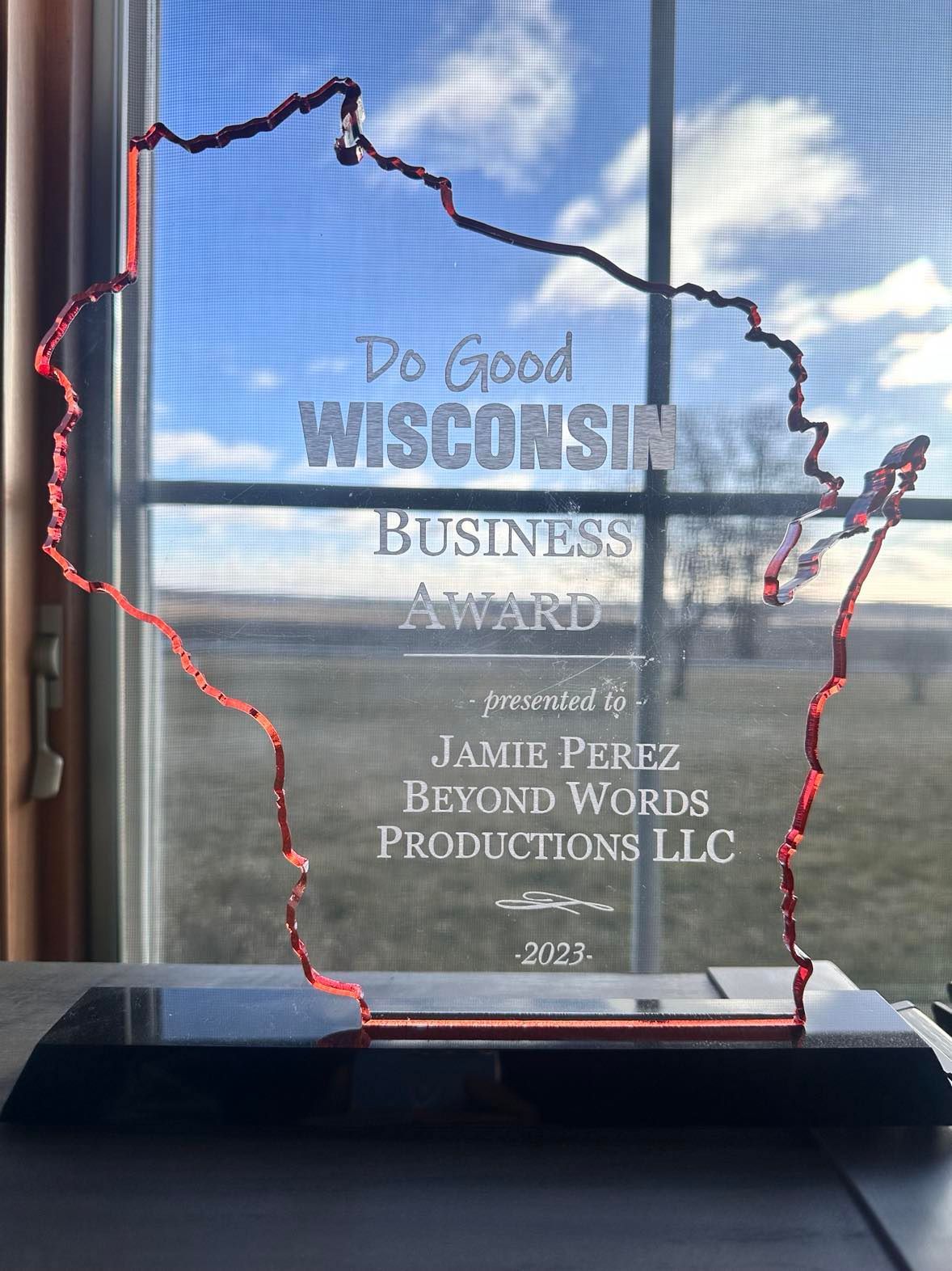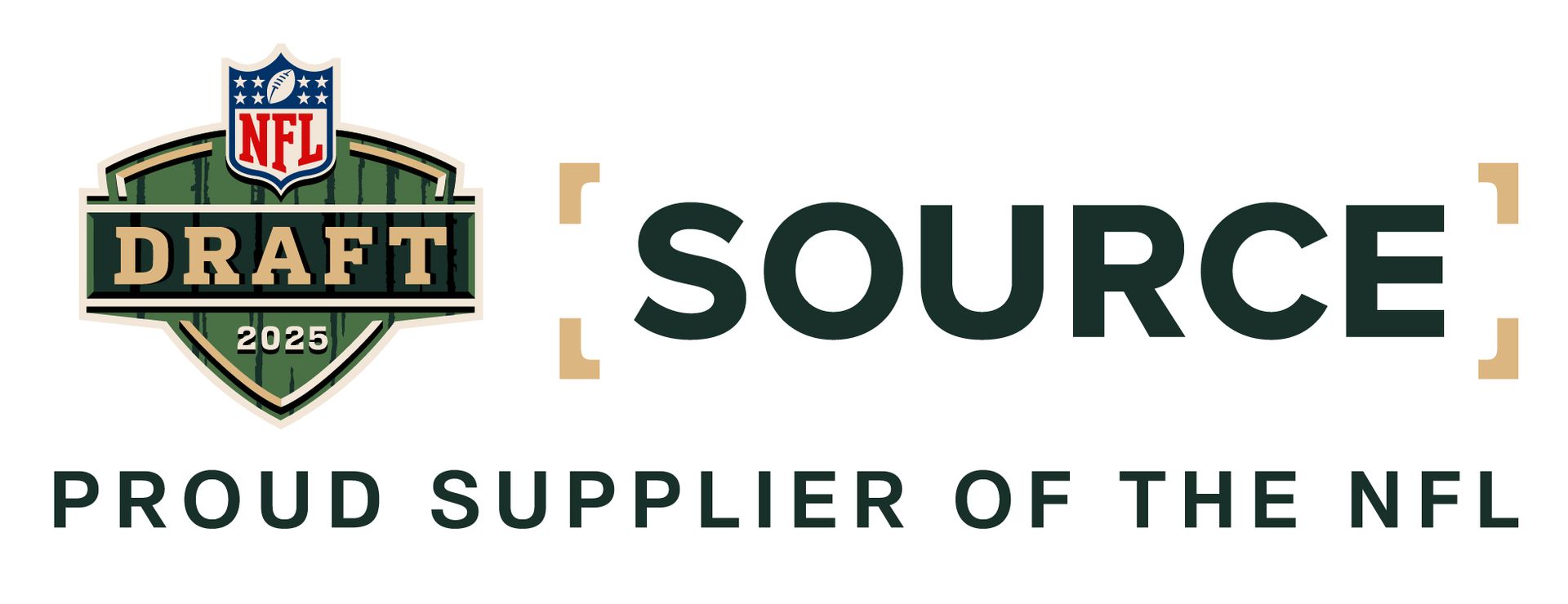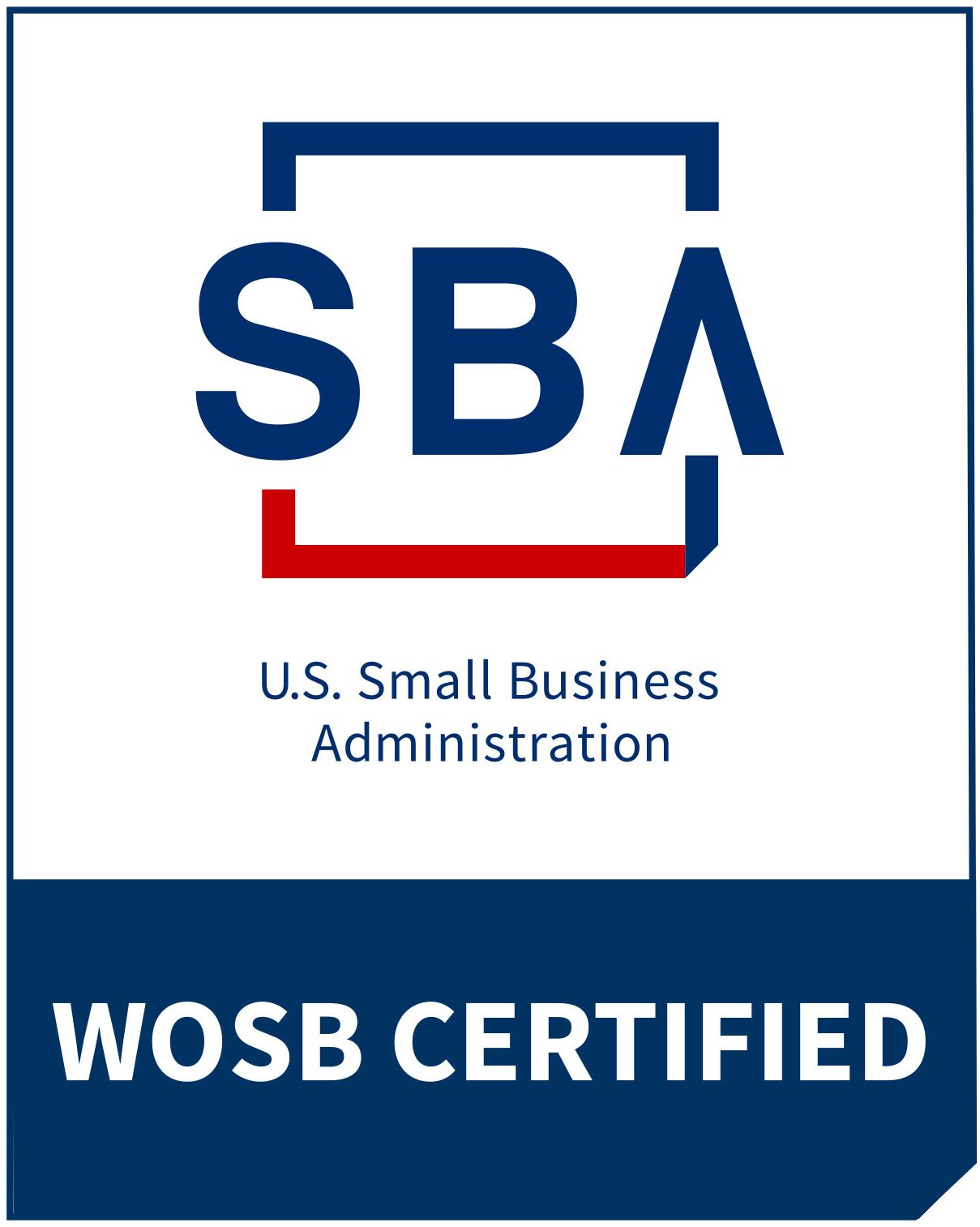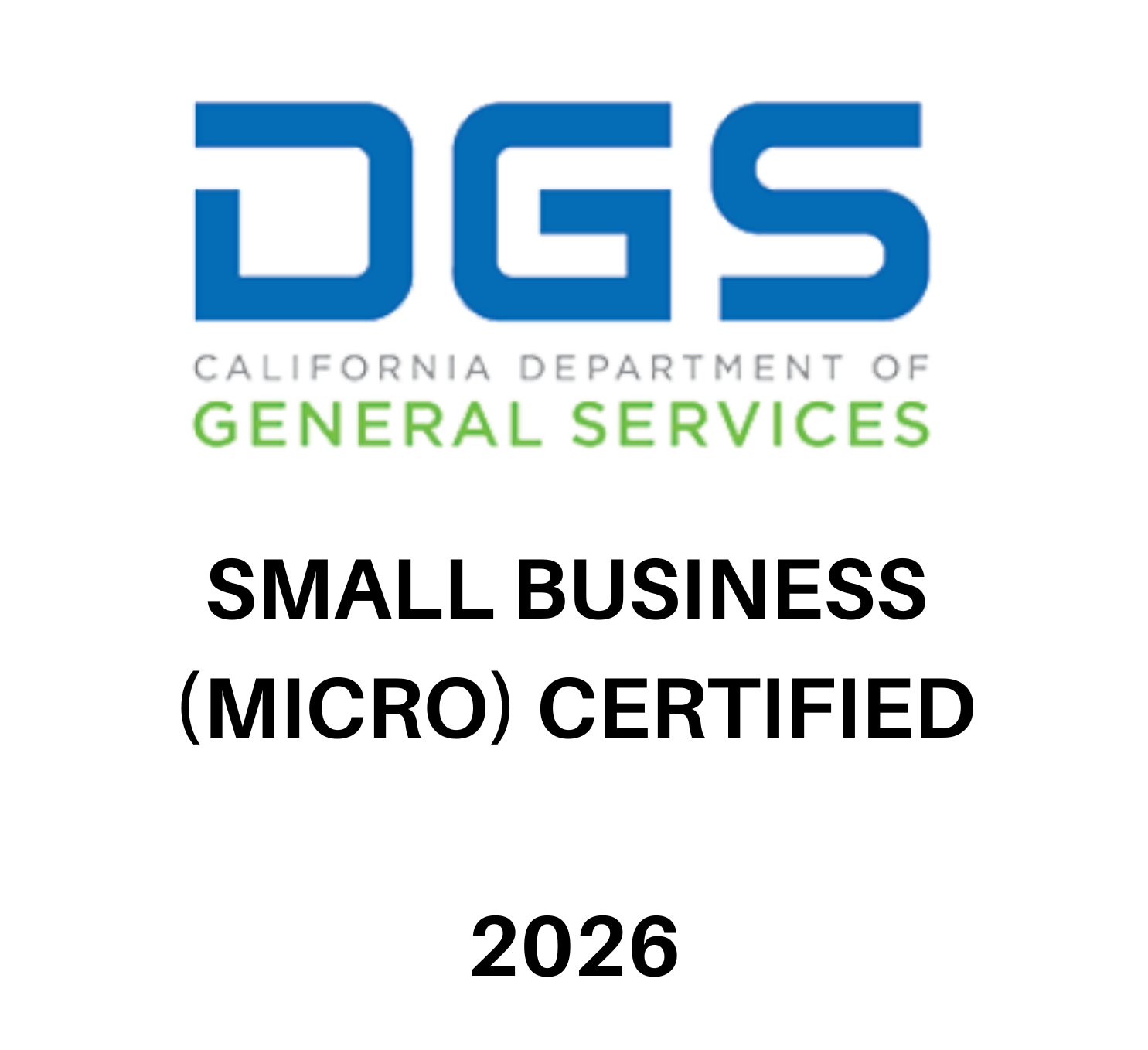The Essential Licenses for Professional Videographers
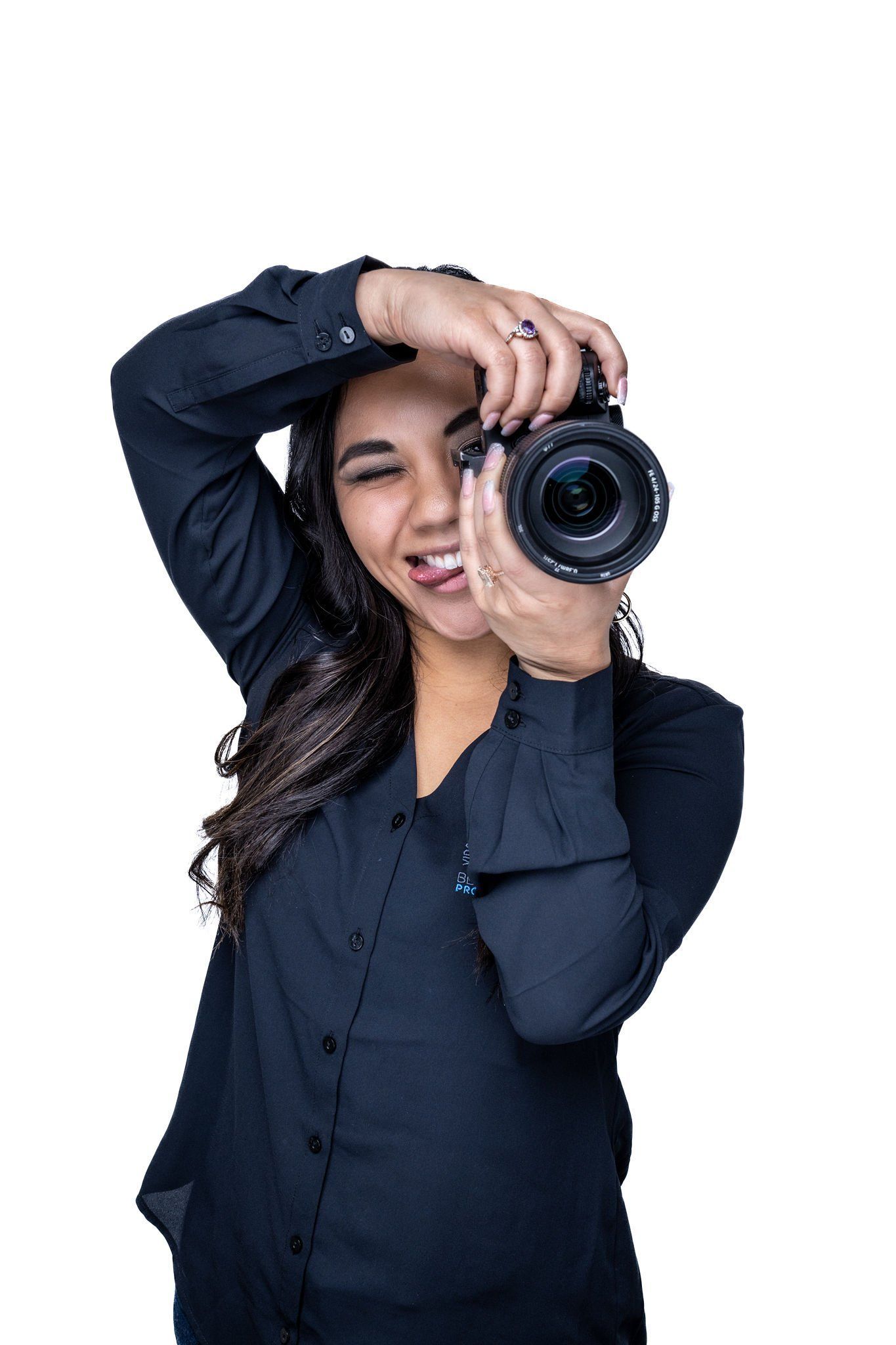
Becoming a professional videographer is an exciting journey, but it's essential to research all the legal and regulatory aspects to ensure you are operating successfully and lawfully. In this blog post, we'll explore some of the licenses and permits you may need to become a professional videographer.
1. Business License:
Before you start offering videography services as a business, you'll likely need to obtain a business license or permit. The specific requirements can vary by location, so check with your local government or municipality to understand what's needed to operate legally in your area.
2. Sales Tax Permit:
If you plan to sell your videography services and products directly to clients, you may need a sales tax permit or resale certificate. This allows you to collect and remit sales tax to the appropriate tax authority. The rules and regulations regarding sales tax can vary widely, so consult your state or regional tax department for guidance.
3. Filming Permits:
Depending on the locations where you intend to film, you may need filming permits or location permits. Public spaces, parks, and certain private properties may require permission for commercial use. Always obtain the necessary permits to avoid legal issues during shoots.
4. Drone License (if applicable):
If you plan to use drones for aerial videography, you may need a drone pilot's license or remote pilot certificate from the Federal Aviation Administration (FAA) in the United States.
5. Music Licensing:
If you intend to use copyrighted music in your videos, you must secure the appropriate licenses or permissions to avoid copyright infringement. Licensing music for commercial use typically involves obtaining synchronization (sync) licenses from the copyright holders or using royalty-free music from platforms like Epidemic Sound, Storyblocks or Artlist.
6. Talent Release Forms:
When working with individuals who appear in your videos, it's a good practice to have talent release forms. These legal documents grant you permission to use their likeness, image, or voice in your videos. This helps protect you from potential legal issues down the line.
7. Equipment and Vehicle Permits (if applicable):
Some regions may require special permits for specific equipment or vehicles used in your videography work. This can include oversized equipment, specialized vehicles, or even parking permits for commercial vehicles.
8. Insurance:
While not a license, professional liability insurance and equipment insurance are essential for videographers. Insurance coverage can protect you in case of accidents, equipment damage, or legal disputes related to your work.
9. Business Registrations (Optional):
Depending on your business structure and goals, you may consider registering your videography business as a legal entity, such as an LLC (Limited Liability Company) or corporation. This can provide certain legal and financial benefits, but it's not always a requirement to operate as a professional videographer.
These rules may vary by state. Make sure you do research on what the local expectations and requirements are to start your videography biz!
